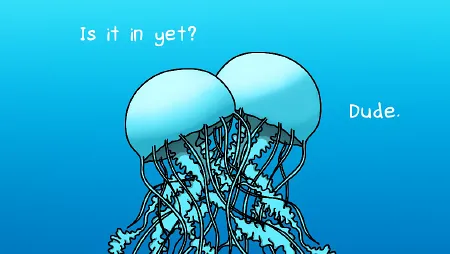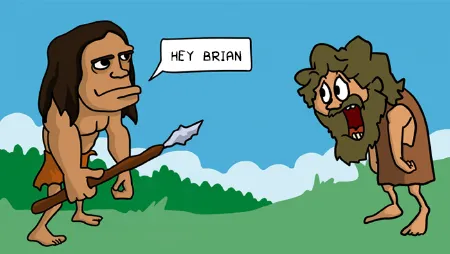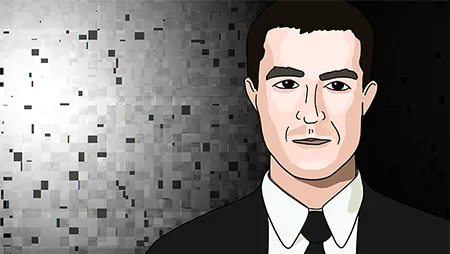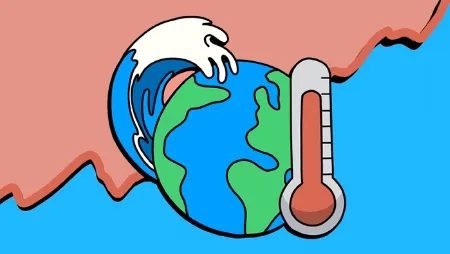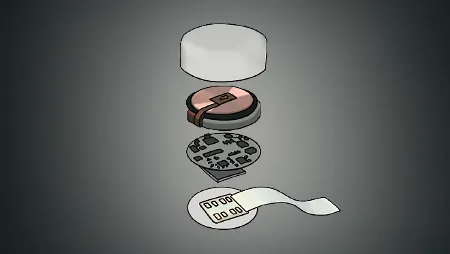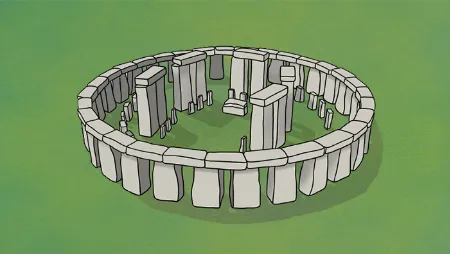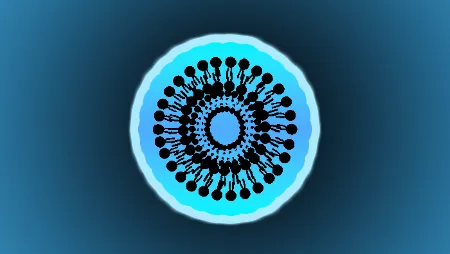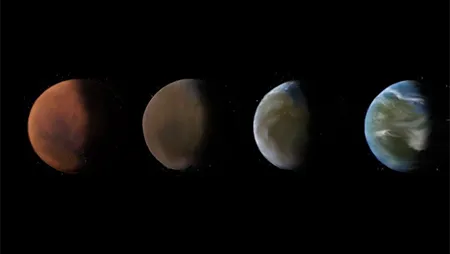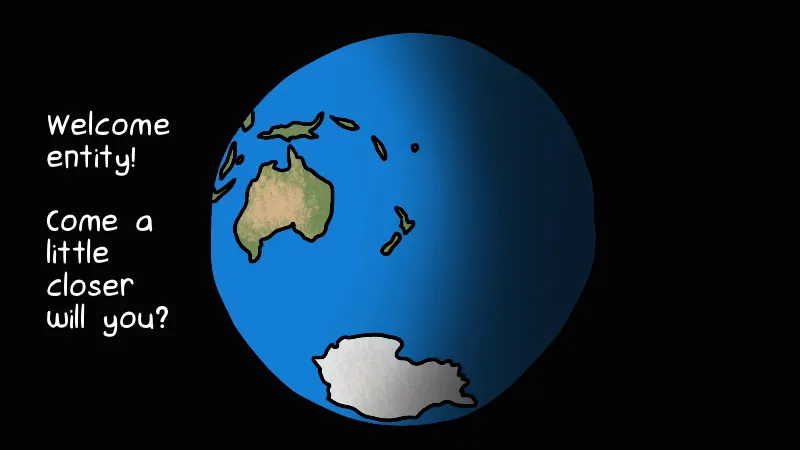
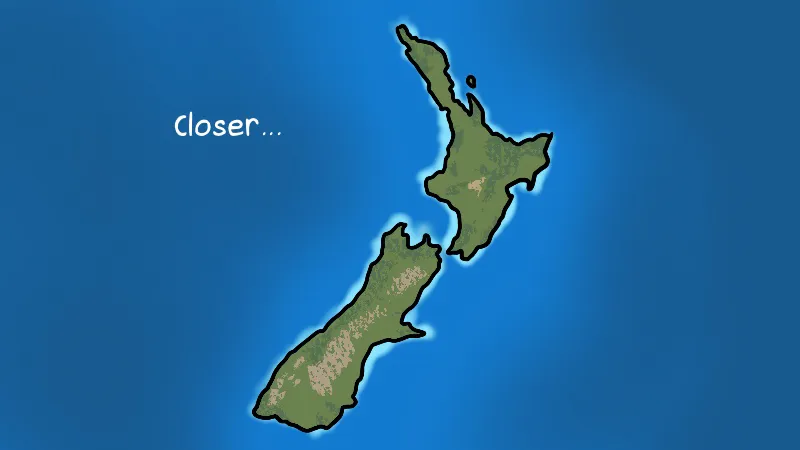
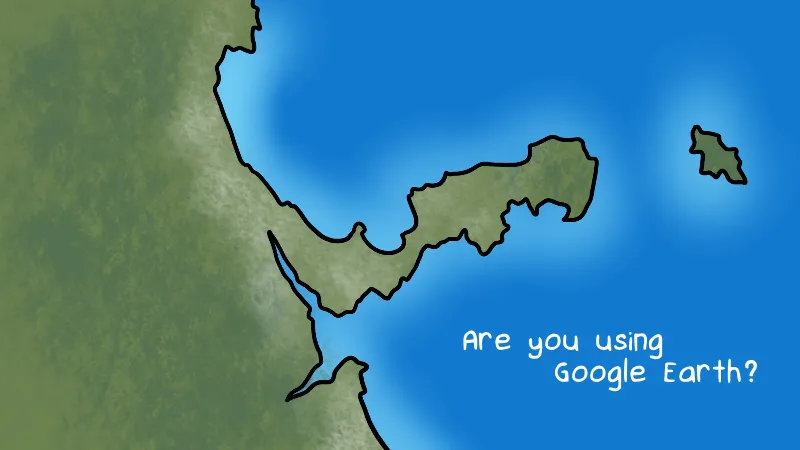
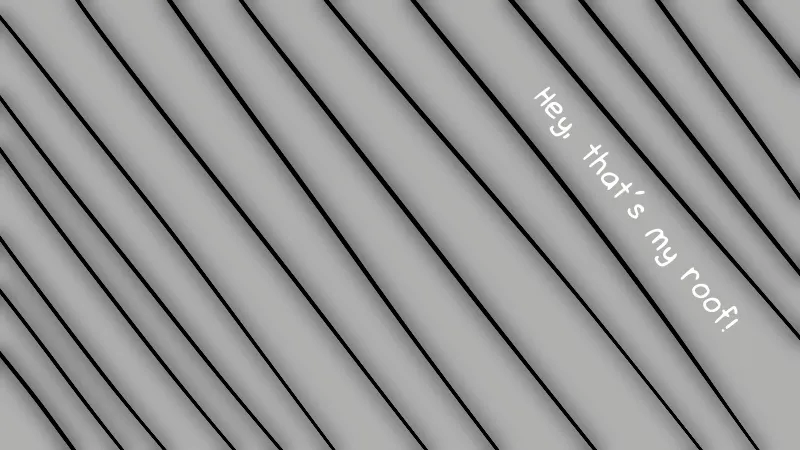
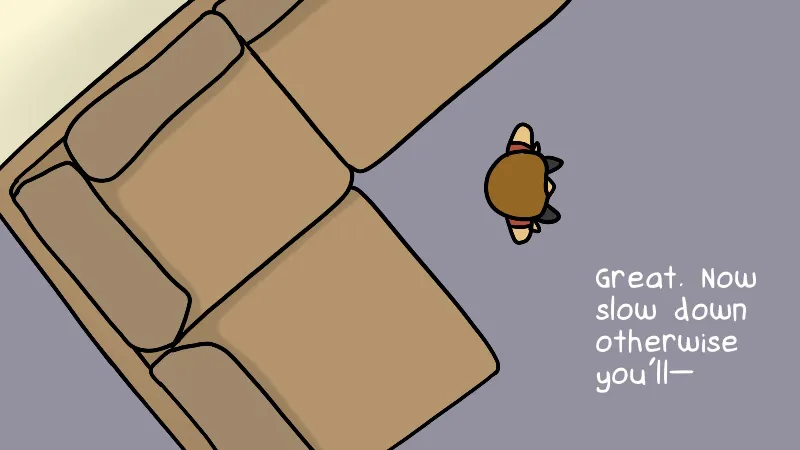
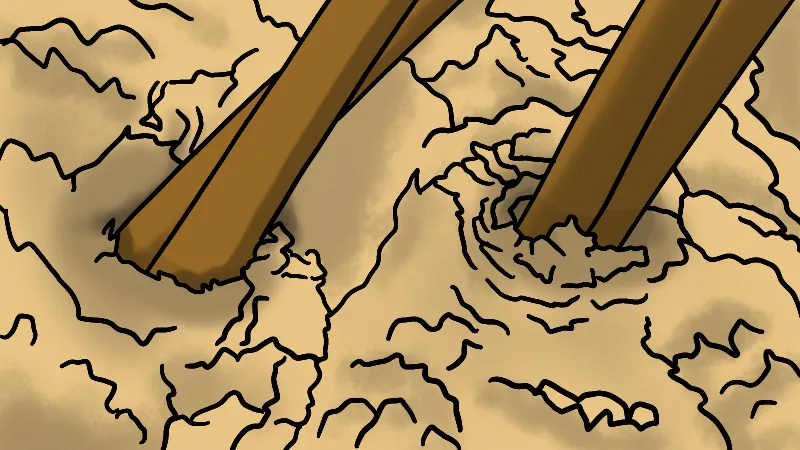
Greetings
My name is Rebecca, Becky, Bec, or Brrrkakaka if you just like making silly noises. I'm a Brit which is why I make the perfect cup of tea and spell words like colour and aluminium the proper way. After moving to New Zealand in my twenties, I busied myself with projects like:
- World of Lucid Dreaming (2008-2016) - unexpectedly popular site on lucid dreams
- Sheltie Planet (2010-present) - niche dog breed site about my canine obsession
- Fox (2012) - first child and epic neurodiverse specimen who calls them "land cows"
- Science Me (2016-present) - cartoon science explainers for curious people
- Kea (2019) - second child and mini-me who argues with inanimate objects
- Parallel (2024) - comedy screenplay ft. quantum physics and the body swap trope
You can write to me at becky@scienceme.com with your questions, corrections, collaborations, and death threats. Please no content marketing, I'm not that kind of girl. You're very welcome to reprint occasional articles and illustrations on your websites, lectures, presentations, etc—please attribute to ScienceMe.com.
Written and illustrated by Becky Casale. If you like this article, please share it with your friends. If you don't like it, why not torment your enemies by sharing it with them? While you're at it, subscribe to my email list and I'll send more science articles to your future self.





